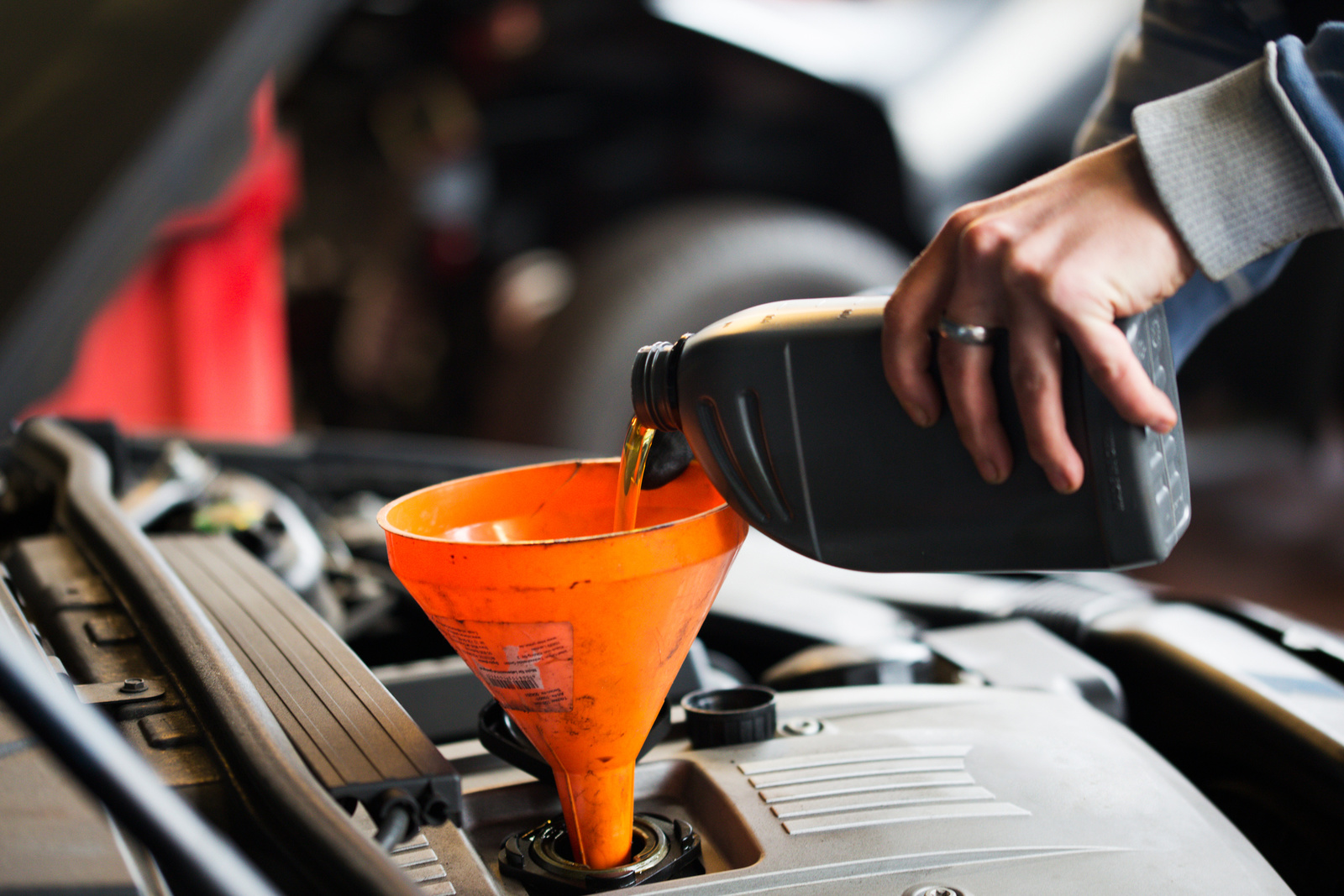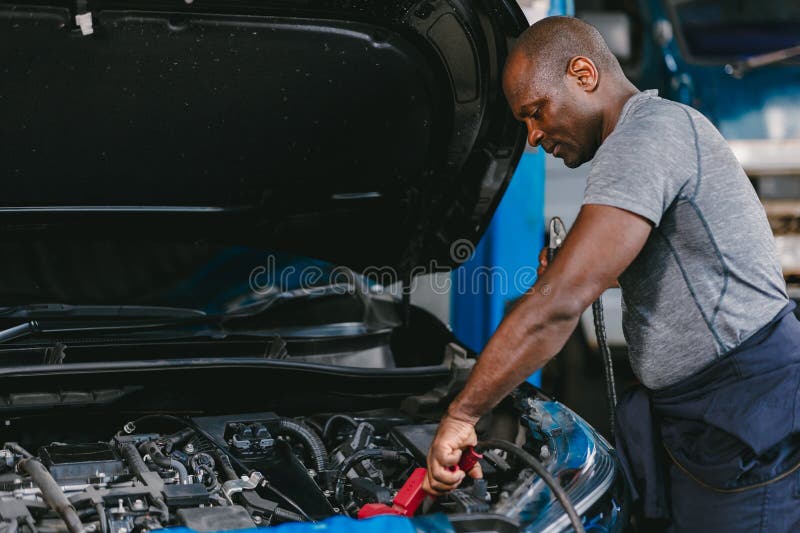All Categories
Featured
Your automobile counts on numerous liquids to maintain its parts running efficiently and efficiently. Ignoring these liquids can lead to reduced efficiency, prospective safety and security risks, and expensive repairs. Recognizing the role of each liquid and remaining aggressive in upkeep guarantees your car runs at its ideal. This write-up explores the vital lorry fluids and their value to your auto's health.
![]()
Why It Matters: Without proper lubrication, engine components can grind against each other, bring about considerable damage. Maintenance Tips: Inspect your oil level month-to-month making use of the dipstick and round off if needed. Change the oil and filter according to your automobile's service timetable, commonly every 3,000 to 7,500 miles depending upon the oil type and driving conditions. 2. Coolant: Regulating Engine Temperature Level. Coolant, likewise called antifreeze, assists maintain your engine's temperature within the optimum variety. It avoids overheating throughout hot weather condition and cold throughout cold problems.
Why It Matters: Not enough or degraded coolant can bring about engine overheating, which can create severe damage. Maintenance Tips: Check the coolant storage tank on a regular basis and look for leaks or staining. Flush and replenish coolant as advised, usually every two to five years. 3. Brake Liquid: Reliable Ceasing Power. Brake fluid is important for your vehicle's braking system, moving the pressure from your foot on the brake pedal to the brakes themselves. With time, brake liquid can soak up wetness, which lowers its performance.
Why It Matters: A jeopardized braking system can drastically affect your security. Upkeep Tips: Evaluate the brake fluid reservoir and make certain the degree remains within this variety. Change the fluid every 2 to 3 years or as needed. 4. Transmission Fluid: Smooth Gear Shifts. Transmission fluid lubricates the transmission elements and makes certain seamless gear changes. It likewise stops getting too hot by cooling the system.
![]()
Why It Matters: Disregarded transmission liquid can lead to gear slippage, overheating, and even total transmission failure. Upkeep Tips: Display the fluid's degree and problem frequently. Change it according to the producer's recommendations, frequently every 30,000 to 60,000 miles. 5. Power Guiding Liquid: Uncomplicated Maneuvering. Power steering liquid assists in smooth and specific guiding. Reduced or contaminated fluid can make steering a lot more hard, placing stress on the system.
Why It Issues: Poor guiding responsiveness can compromise your control over the vehicle. Maintenance Tips: Consistently examine the liquid degree and shade, and top it off as needed. Be mindful to leaks or unusual steering sounds. 6. Windshield Washing Machine Liquid: Clear Presence. While it doesn't impact performance, windscreen washer fluid is essential for keeping visibility, particularly in unfavorable problems.
![]()
Why It Issues: A tidy windshield guarantees you can see plainly, lowering the danger of mishaps. Upkeep Tips: Refill the washer fluid tank frequently and make use of a formula fit to your environment to stop cold or streaking. Why Normal Fluid Maintenance is Important. Ideal Performance: Proper liquid degrees and quality ensure all systems run smoothly. Security Guarantee: Brake and power guiding fluids straight influence your capacity to manage the automobile. Expense Cost savings: Preventative upkeep stays clear of costly fixings by capturing potential problems early. Longevity: Fluids in great problem aid extend the life of important elements, consisting of the engine and transmission. Quick Tips for Effective Liquid Upkeep. Follow the Guidebook: Refer to your car's owner manual for certain upkeep intervals. Be Alert for Leaks: Puddles under your vehicle can indicate fluid leakages that need instant interest. Use Recommended Products: Stick to liquids advised by your lorry producer to prevent compatibility issues. Take Note Of Warning Indicators: Control panel signals or unusual efficiency can indicate liquid problems. Conclusion. Keeping your lorry's liquids is just one of the simplest ways to keep it running efficiently and securely. Whether it's engine oil, coolant, or brake fluid, each plays an essential function in your auto's total health. Routine checks, combined with prompt substitutes, can avoid malfunctions, improve performance, and expand the life of your vehicle. Keep proactive, and you'll appreciate a smoother and much safer driving experience for many years ahead.

- Engine Oil: The Lifeblood of Your Engine. Engine oil plays a crucial role in oiling the engine's moving components, decreasing friction, and securing versus wear and getting too hot. In time, oil ends up being or degrades infected with debris, which can jeopardize its efficiency.
Why It Matters: Without proper lubrication, engine components can grind against each other, bring about considerable damage. Maintenance Tips: Inspect your oil level month-to-month making use of the dipstick and round off if needed. Change the oil and filter according to your automobile's service timetable, commonly every 3,000 to 7,500 miles depending upon the oil type and driving conditions. 2. Coolant: Regulating Engine Temperature Level. Coolant, likewise called antifreeze, assists maintain your engine's temperature within the optimum variety. It avoids overheating throughout hot weather condition and cold throughout cold problems.
Why It Matters: Not enough or degraded coolant can bring about engine overheating, which can create severe damage. Maintenance Tips: Check the coolant storage tank on a regular basis and look for leaks or staining. Flush and replenish coolant as advised, usually every two to five years. 3. Brake Liquid: Reliable Ceasing Power. Brake fluid is important for your vehicle's braking system, moving the pressure from your foot on the brake pedal to the brakes themselves. With time, brake liquid can soak up wetness, which lowers its performance.
Why It Matters: A jeopardized braking system can drastically affect your security. Upkeep Tips: Evaluate the brake fluid reservoir and make certain the degree remains within this variety. Change the fluid every 2 to 3 years or as needed. 4. Transmission Fluid: Smooth Gear Shifts. Transmission fluid lubricates the transmission elements and makes certain seamless gear changes. It likewise stops getting too hot by cooling the system.

Why It Matters: Disregarded transmission liquid can lead to gear slippage, overheating, and even total transmission failure. Upkeep Tips: Display the fluid's degree and problem frequently. Change it according to the producer's recommendations, frequently every 30,000 to 60,000 miles. 5. Power Guiding Liquid: Uncomplicated Maneuvering. Power steering liquid assists in smooth and specific guiding. Reduced or contaminated fluid can make steering a lot more hard, placing stress on the system.
Why It Issues: Poor guiding responsiveness can compromise your control over the vehicle. Maintenance Tips: Consistently examine the liquid degree and shade, and top it off as needed. Be mindful to leaks or unusual steering sounds. 6. Windshield Washing Machine Liquid: Clear Presence. While it doesn't impact performance, windscreen washer fluid is essential for keeping visibility, particularly in unfavorable problems.
Why It Issues: A tidy windshield guarantees you can see plainly, lowering the danger of mishaps. Upkeep Tips: Refill the washer fluid tank frequently and make use of a formula fit to your environment to stop cold or streaking. Why Normal Fluid Maintenance is Important. Ideal Performance: Proper liquid degrees and quality ensure all systems run smoothly. Security Guarantee: Brake and power guiding fluids straight influence your capacity to manage the automobile. Expense Cost savings: Preventative upkeep stays clear of costly fixings by capturing potential problems early. Longevity: Fluids in great problem aid extend the life of important elements, consisting of the engine and transmission. Quick Tips for Effective Liquid Upkeep. Follow the Guidebook: Refer to your car's owner manual for certain upkeep intervals. Be Alert for Leaks: Puddles under your vehicle can indicate fluid leakages that need instant interest. Use Recommended Products: Stick to liquids advised by your lorry producer to prevent compatibility issues. Take Note Of Warning Indicators: Control panel signals or unusual efficiency can indicate liquid problems. Conclusion. Keeping your lorry's liquids is just one of the simplest ways to keep it running efficiently and securely. Whether it's engine oil, coolant, or brake fluid, each plays an essential function in your auto's total health. Routine checks, combined with prompt substitutes, can avoid malfunctions, improve performance, and expand the life of your vehicle. Keep proactive, and you'll appreciate a smoother and much safer driving experience for many years ahead.
Latest Posts
Explore Save Big on Car Maintenance with Montclare Auto Repair’s Special Deals
Published en
1 min read
Find Oil Changes & More: Full Repair Options from Montclare Auto Repair
Published en
1 min read
Why Chicago Drivers Choose Montclare Auto Repair for Trusted Service and Big Savings
Published en
1 min read
More
Latest Posts
Explore Save Big on Car Maintenance with Montclare Auto Repair’s Special Deals
Published May 30, 25
1 min read
Find Oil Changes & More: Full Repair Options from Montclare Auto Repair
Published May 28, 25
1 min read
Why Chicago Drivers Choose Montclare Auto Repair for Trusted Service and Big Savings
Published May 27, 25
1 min read